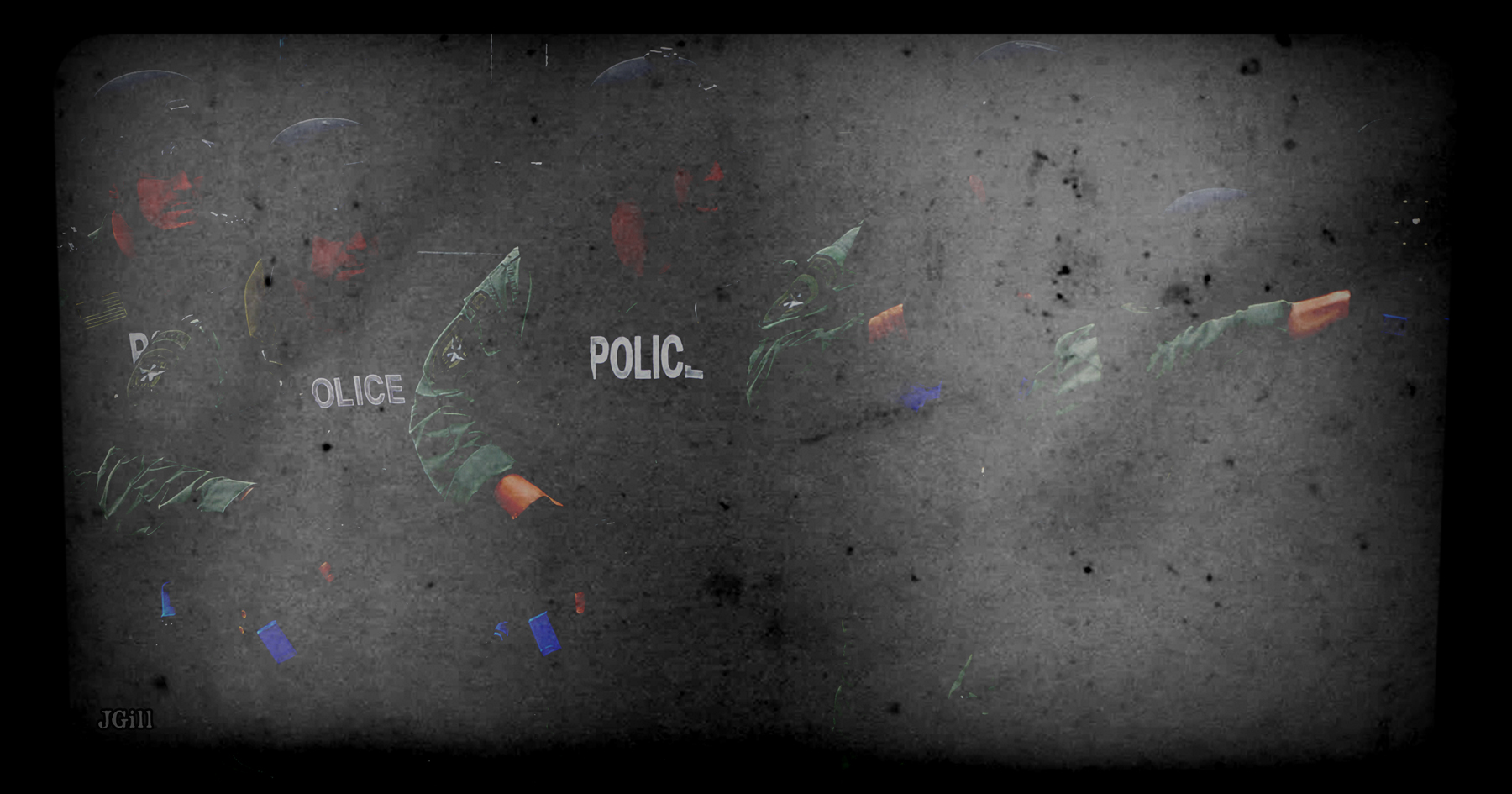What do the War on Drugs, the War on Terror, and campaign finance law have in common?
Police-state tactics.
Most folks now understand how the War on Drugs and the War on Terror can erode civil liberties — but how does campaign finance law fit in with the other two?
My weekend Townhall column explains.
Several years ago, Wisconsin’s Republican Governor Scott Walker sought to tame public unions in his state, and against much opposition — quite a bit of it national — not only succeeded in changing law but beat back a recall vote as well.
So Democratic Milwaukee County District Attorney John Chisholm orchestrated a crack-down on conservative groups supportive of Walker’s reforms, complete with night-time SWAT-team raids on the homes of activists who were, they judged, “on the wrong side.”
The thin rationale was possible campaign finance violations, the idea that citizens and their organizations “coordinating” with the governor to advocate for public policies is somehow illegal.
The police state tactics were used because they were available. And obviously thought to be politically acceptable. That the courts have now ruled the means — indeed, the whole probe by prosecutors — unconstitutional doesn’t negate the terrifying fact that the state used such horrific methods to attack peaceful people.
Clearly, people in government have used understandable fears regarding drugs and terrorism to erode our liberties, even when the “crimes” they fight with such illiberal overkill have nothing — absolutely nothing — to do with drugs or terror.
Except the drug that is — and the terror wielded by — out-of-control government.
This is Common Sense. I’m Paul Jacob.


